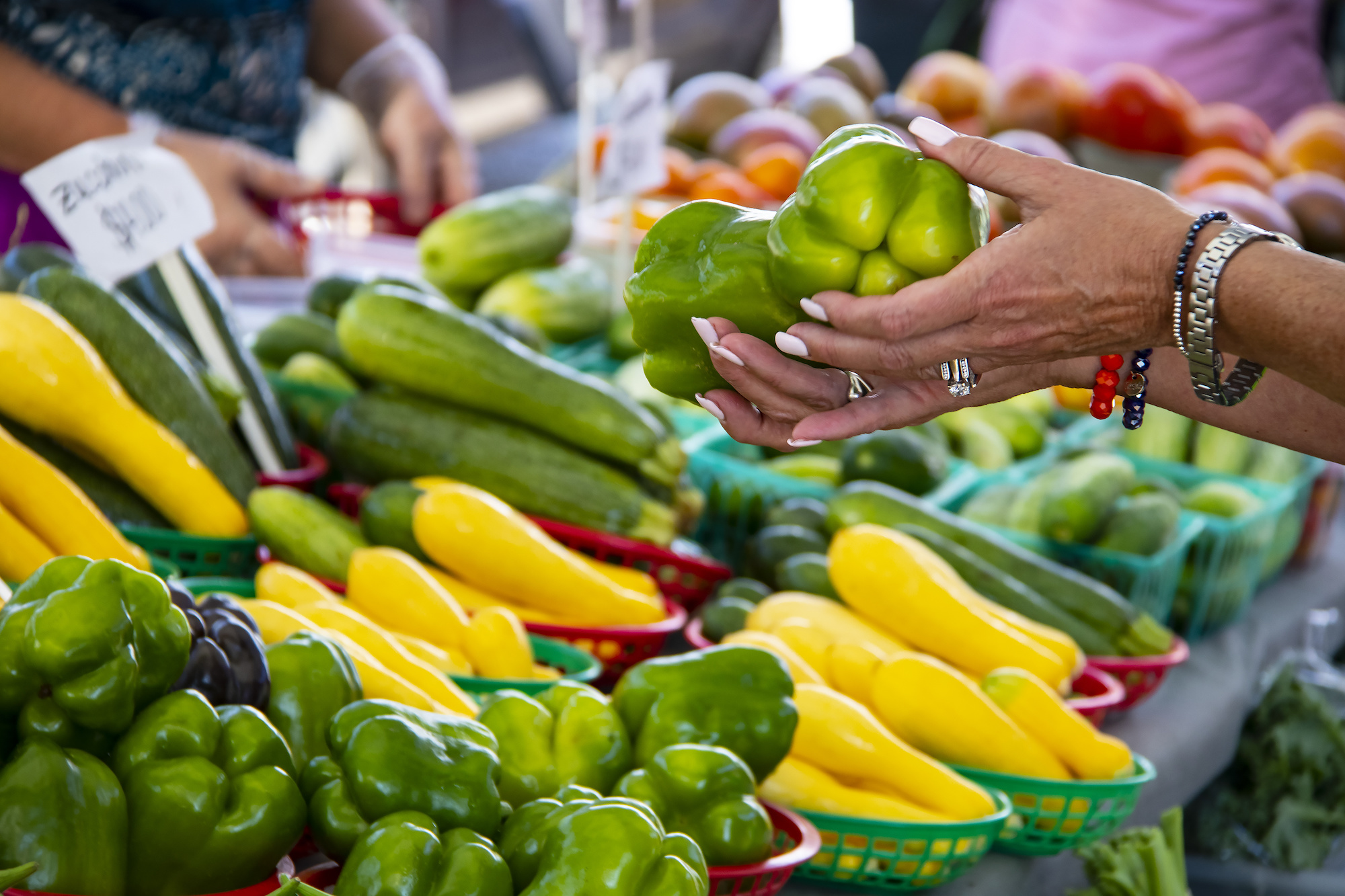Recent research has indicated that self-esteem is linked to consumer's likeliness to buy blemished or otherwise less-than perfect fruits and vegetables. In a study published by Dartmouth’s Tuck School of Business, buying "unattractive" produce was shown to negatively affect shoppers' self-image, which therefore makes them less willing to purchase it as opposed to more attractive - albeit equally safe - produce.
Consumers routinely reject unattractive fruits and vegetables while grocery shopping, and consequently, 30% of produce is discarded at the production level because it is not considered attractive enough for retail sale. This self-fulfilling cycle is exacerbating the global food crisis that sees three billion tons of food lost or wasted per year. While many retailers offer "ugly produce" at a discount to mitigate the problem, studies like the one discussed today are going further and determining how to actually change consumer's attitudes towards less-than-perfect food.
In the Tuck School of Business study, two signs were erected in a grocery store on two separate days - on one day, the sign read "Pick Ugly Produce!" and on the other, it read "You Are Fantastic! Pick Ugly Produce!" in an attempt to raise the shoppers' opinion of themselves and cancel out the aforementioned self-esteem drop associated with ugly produce purchases.
Interestingly, shoppers exposed to the positive self-esteem ad were significantly more likely to buy blemished or less-attractive produce than those exposed to the control ad.
“Marketing interventions that directly strengthen self-esteem may be a practical method to diminish the negative self-perceptions and subsequent devaluation cued by imagined consumption of unattractive produce,” the study remarks. They are “low-cost yet effective strategies that retailers can use to market unattractive produce, raising profits and reducing food waste.”
Needless to say, we can expect to see more positive self-esteem ads in the produce section as retailers catch onto this cost-effective way to decrease food waste and increase their bottom line. Growers themselves may also choose to implement such strategies in their shops or farmer's market stalls. Pay shoppers a compliment and they may pay for more of your unattractive fruits and veggies in return!
|
Related Blog Posts |
|
Missed Last Week's Blog Post? |


